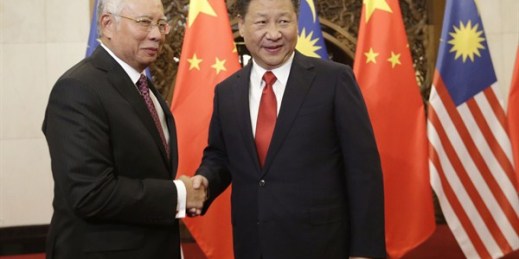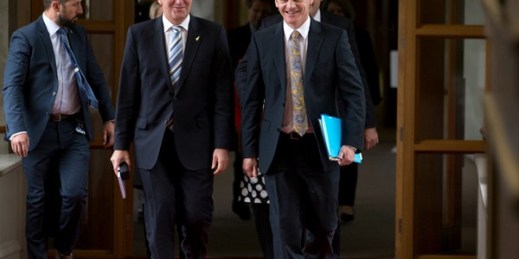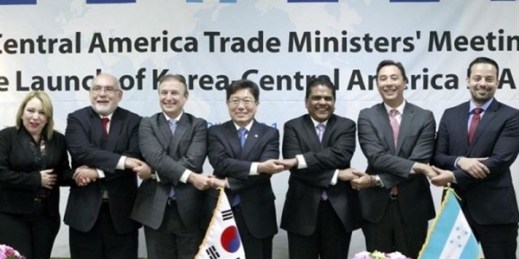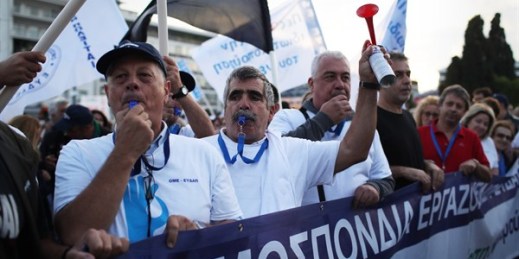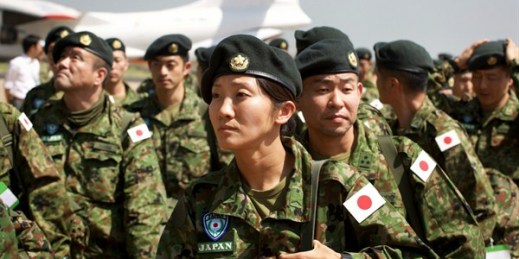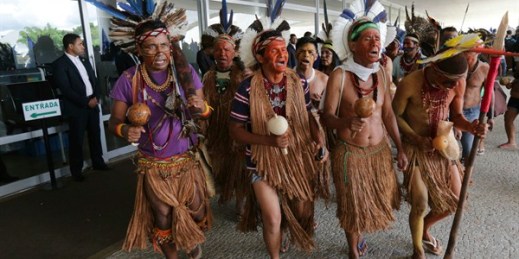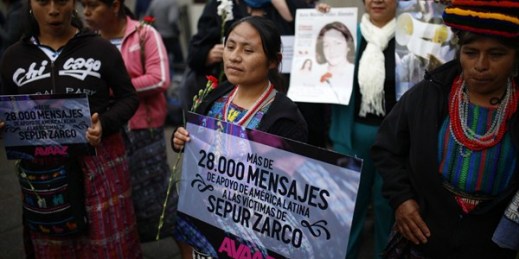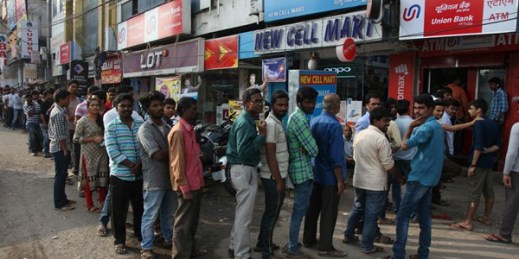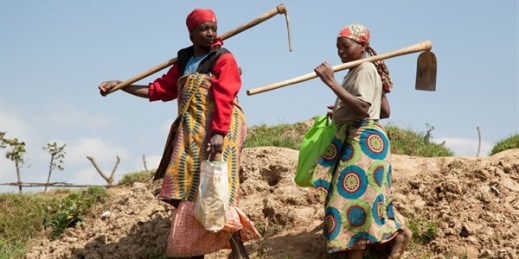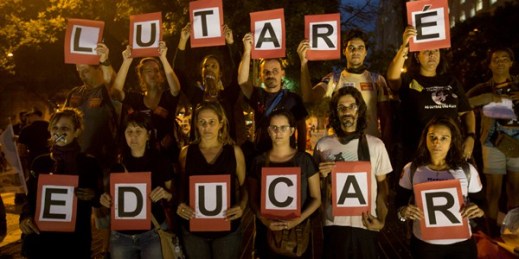
In this week’s Trend Lines podcast, WPR’s editor-in-chief, Judah Grunstein, and senior editor, Frederick Deknatel, discuss Turkey’s interests and agenda in the Syrian civil war. For the Report, Ciara Long talks with Peter Dörrie about the impact of austerity on higher education and social mobility in Brazil. Listen: Download: MP3Subscribe: iTunes | RSS Relevant Articles on WPR: Russia and Turkey Move Closer, but Can Erdogan Survive Putin’s Embrace? In Colombia, the Long Journey to Implementing Peace With the FARC Begins Does Any Party in South Sudan Have the Will to Prevent Genocide? Brazil’s Cuts to Higher Education Dash Hopes for […]

